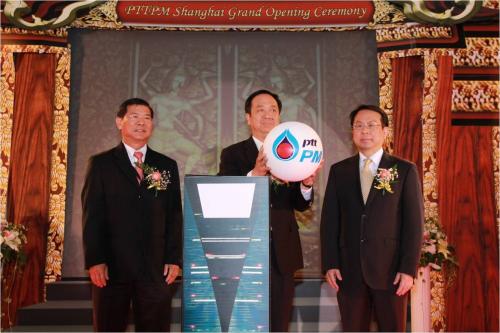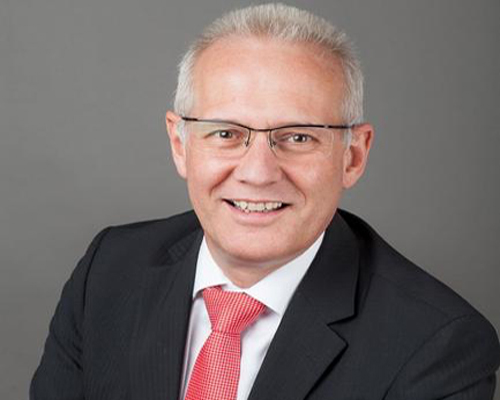
In an attempt to make the world free of plastic and plastic related chemicals, the Netherlands has the big plan to incorporate bio-plastic industry in the country. Reports from various sources say that the Netherlands is poised to become the bio-plastic hub of the world. The Dutch Government is all set to pump a huge amount of money in creating a bio-based economy by the end of 2050. The Dutch government has said that the world is becoming more and more concerned over the environment and people want a clean and green environment. In an attempt to make the world greener and environment friendly the country is attempting to become “the land of green chemistry” by the year of 2050.
The intention was revealed by the Government in Wageningen where various bio-plastic leaders and other industry players convened on the auspicious occasion of Biobased Performance Materials (BPM) programme. All representatives were of the opinion that the whole world is looking for an economy that is free of plastic and plastic made stuffs. It is important to outline here that there are many countries where the plastic has been banned and alternative sources of plastic is being discovered. Leaders from plastic industry across the Europe gathered in Wageningen for a symposium organised by the Biobased Performance Materials (BPM) programme, where government and industry outlined plans to make the Netherlands one of the largest bio-based economies in the world.
The event was opened by chairman Jan Noordegraaf from Synbra where it was outlined that the Dutch Government is committed to make an economy that is based on green chemicals and green technology that include biomass production, alternative sources of energy, implementation of biomass import chains and production of green chemicals and materials. The Government is making all possible arrangement for a sustainable development. While addressing the people from plastic industries the Chair, Jan Noordegraaf says that the Dutch government is planning for sustainable development, which involves biomass production, the implementation of biomass import chains, and production of green chemicals and materials. With the entire above mentioned attempt by the end of 2050, the Netherlands wants to be one of the top three producers of smart materials in the world.
While addressing the symposium the Chair said that the Netherlands has the potential to become the bio-plastic hub of the world. The country has every opportunity available to conceive and build an economy that is based on environment friendly products. He said that “The Netherlands are on the threshold of a new golden age,” said Noordegraaf, adding that the country has the ideal conditions to build a bio-based economy. The Netherlands has excellent knowledge bases in its universities and chemical companies, as well as various R&D programmes, including BPM itself and BE-Basic, he said. BE-Basic is an international public-private partnership, funded by the Dutch Government.
While on the one hand he advocates for an economy that is based on bioplastic he also suggested that there are though many challenges in the journey and we are committed to overcome those challenges that we will face on the way. One of those limitations is recession, lack of purchasing power of stakeholders, lack of efficient technologies, and fund. Despite, these challenges we believe that we have the potential to develop our country as bioplastic hub and make our economy dependent much on the green products.
The chair has also said that the country has ample farming land and is a major grower of sugar beat which, according to Noordegraaf, is “almost unbeatable” in terms of bioplastic feedstock. The move will benefit not only the economy but the whole country and will also create plenty of job opportunities.
While addressing the members of the symposium he said the industry will also benefit from a variety of funding he added. By 2015, €445m will be available for joint research. Industry has already pledged to contribute more than €100m, with 30% coming from SMEs.








